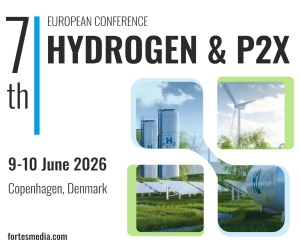A new study by Frontier Economics, commissioned by the eFuel Alliance and the e-NG coalition, has examined the availability of CO₂ sources across the EU-27 for synthetic fuel production. It finds that regulatory choices will be decisive in shaping Europe’s ability to scale e-fuels as part of its 2050 climate neutrality target.
Under the European Commission’s Delegated Act 2023/1185, eligible CO₂ sources include biogenic emissions and certain industrial emissions covered by carbon pricing. Fossil-based CO₂ from industry can be used until 2040, and from power generation until 2035. According to Frontier, in 2022 around 828 million tonnes of CO₂ were theoretically available for synthetic fuel production under current rules. By 2050 this is expected to decline to 661 million tonnes, although biogenic emissions could rise by half to 368 million tonnes.
The study argues that further potential lies in process-related industrial emissions, which are currently excluded from eligibility. These account for around 130 million tonnes a year and, if included, could support an additional 36 billion litres of synthetic fuel annually by mid-century, a substantial contribution given forecast demand of 41 to 84 billion litres.
Frontier also highlights the importance of regional clusters, from Western Germany and the Netherlands to Northern Italy and Southern Poland, which will remain key hubs of CO₂ supply. It concludes that expanding eligibility to process emissions beyond 2040 could play a pivotal role in ensuring sufficient feedstock for Europe’s synthetic fuel industry and in supporting the EU’s clean energy transition.
Frontier Economics Study Highlights Role of CO₂ in Europe’s Clean Energy Transition











